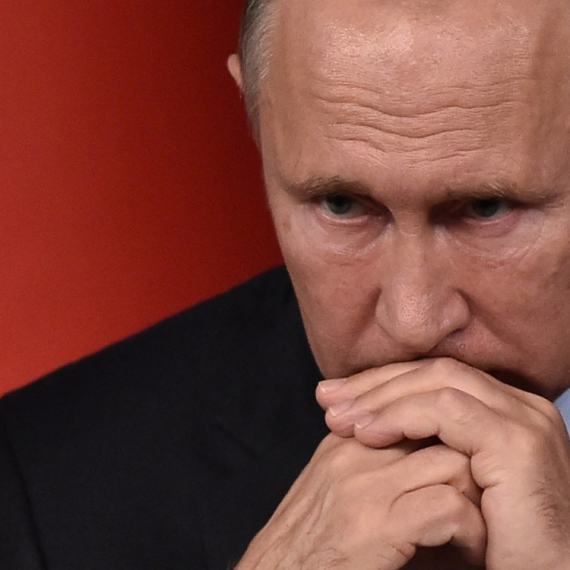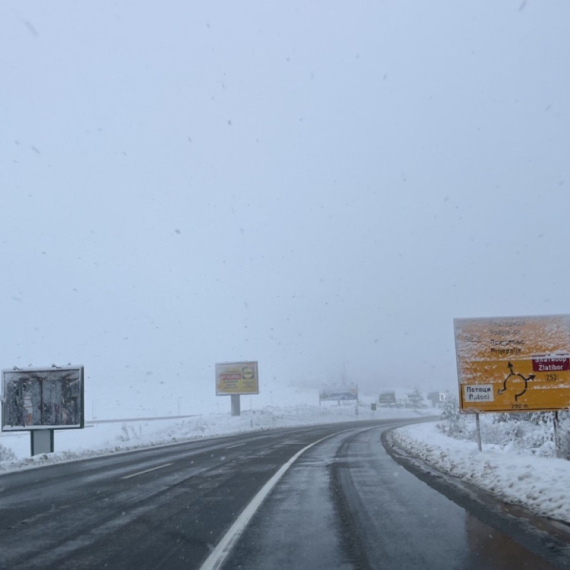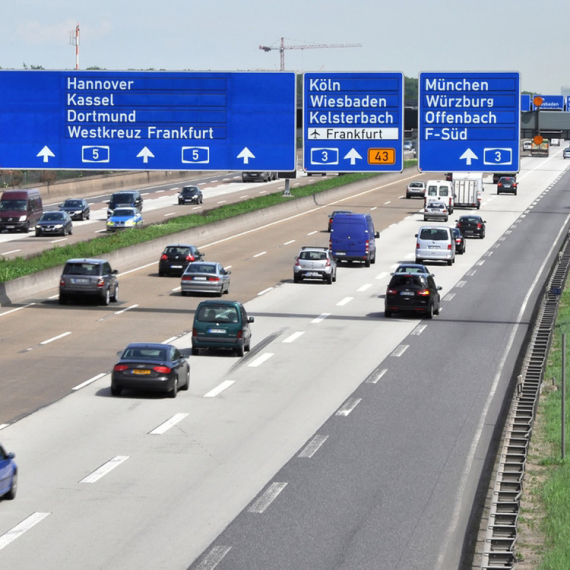Reintroduction of visas “not very likely”
Several EU member states have announced that they will launch a procedure in late October that will allow them to quickly suspend Serbia’s visa-free regime.
Saturday, 13.10.2012.
15:10

BRUSSELS Several EU member states have announced that they will launch a procedure in late October that will allow them to quickly suspend Serbia’s visa-free regime. However, European Stability Initiative’s expert Alexandra Stiegelmeier believes that reintroduction of visas for Serbian citizens is not very likely. Reintroduction of visas “not very likely” Tanjug has learnt from diplomatic sources in Brussels that Germany, Belgium, Luxembourg, Sweden and the Netherlands will request that a procedure to reintroduce visas for Serbia and Macedonia at the EU interior ministers’ meeting on October 25. German politicians, especially Bavaria's Interior Minister Joachim Herrmann, have been demanding that visas be reintroduced for Serbians and Macedonians due to the high number of false asylum seekers. “However, there is no mechanism in the EU so far that will enable such a request to be implemented fast and easy,” Stiegelmeier told Tanjug. “Not a single EU member state, not even Germany, can unilaterally suspend the visa-free regime because it would represent a gross violation of the Schengen Treaty,” she explained. Stiegelmeier pointed out that there was a possibility that the EU member states would adopt a mechanism, that was proposed by the European Commission (EC) in May 2011, which would allow a quick suspension of the visa-free regime. “All Germany can do is exert pressure on the European Council to send the amendment on the suspension procedure to the Parliament for urgent adoption,” she explained. “Even if this scenario came true, it would take at least six months to adopt the mentioned mechanism and even then it is not sure that it could be applied to Serbia,” Stiegelmeier said. “The mechanism envisages that visas can be reintroduced if the number of asylum seekers from a country suddenly increases in a period of six months and the increase in the number of asylum seekers that Germans are complaining about has a short-term character,” she pointed out. “In fact, if you look at the annual level, the number of asylum seekers from Serbia has dropped in the past two years,” Stiegelmeier noted. “All this means that the Serbian citizens will be able to travel to the EU without collecting a bunch of papers and going through a long, humiliating procedure in consulates in the foreseeable future. On the other hand, if the Serbian authorities do not start seriously dealing the causes of collective trips to Europe for just several hundreds of euros a month, in the long run it is possible that visas will be reintroduced,” she concluded. Tanjug
Reintroduction of visas “not very likely”
Tanjug has learnt from diplomatic sources in Brussels that Germany, Belgium, Luxembourg, Sweden and the Netherlands will request that a procedure to reintroduce visas for Serbia and Macedonia at the EU interior ministers’ meeting on October 25.German politicians, especially Bavaria's Interior Minister Joachim Herrmann, have been demanding that visas be reintroduced for Serbians and Macedonians due to the high number of false asylum seekers.
“However, there is no mechanism in the EU so far that will enable such a request to be implemented fast and easy,” Stiegelmeier told Tanjug.
“Not a single EU member state, not even Germany, can unilaterally suspend the visa-free regime because it would represent a gross violation of the Schengen Treaty,” she explained.
Stiegelmeier pointed out that there was a possibility that the EU member states would adopt a mechanism, that was proposed by the European Commission (EC) in May 2011, which would allow a quick suspension of the visa-free regime.
“All Germany can do is exert pressure on the European Council to send the amendment on the suspension procedure to the Parliament for urgent adoption,” she explained.
“Even if this scenario came true, it would take at least six months to adopt the mentioned mechanism and even then it is not sure that it could be applied to Serbia,” Stiegelmeier said.
“The mechanism envisages that visas can be reintroduced if the number of asylum seekers from a country suddenly increases in a period of six months and the increase in the number of asylum seekers that Germans are complaining about has a short-term character,” she pointed out.
“In fact, if you look at the annual level, the number of asylum seekers from Serbia has dropped in the past two years,” Stiegelmeier noted.
“All this means that the Serbian citizens will be able to travel to the EU without collecting a bunch of papers and going through a long, humiliating procedure in consulates in the foreseeable future. On the other hand, if the Serbian authorities do not start seriously dealing the causes of collective trips to Europe for just several hundreds of euros a month, in the long run it is possible that visas will be reintroduced,” she concluded.


























































Komentari 5
Pogledaj komentare